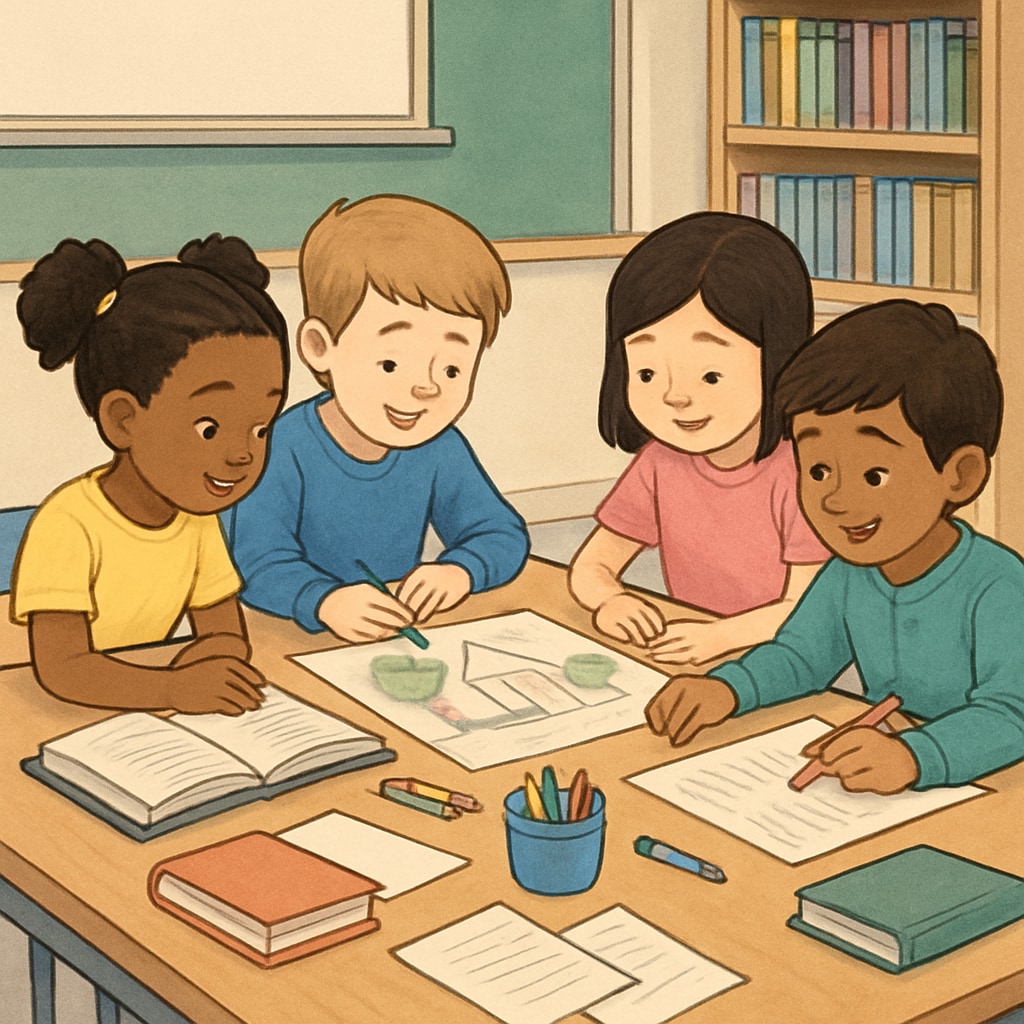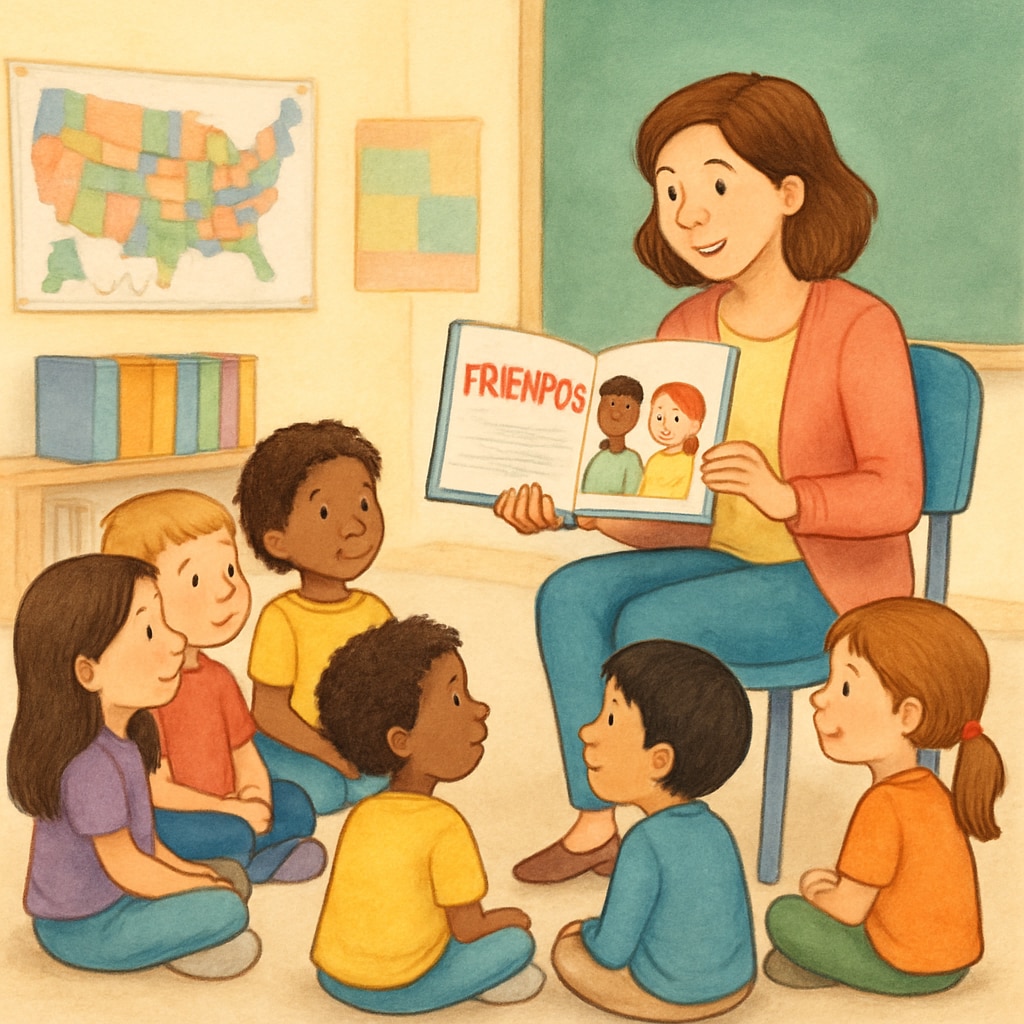When considering first-grade education, racial segregation, and age-appropriateness, educators face significant challenges in curriculum design. Young children’s cognitive abilities, as described in Piaget’s developmental theory, require careful content adaptation. This article examines how to responsibly introduce societal concepts without overwhelming six-year-old learners.
Cognitive Readiness for Complex Topics
First graders primarily operate in the preoperational stage (ages 2-7), characterized by:
- Concrete thinking patterns
- Limited perspective-taking abilities
- Difficulty understanding abstract concepts
Therefore, discussions about racial segregation need simplified frameworks. For example, focusing on fairness and kindness often proves more effective than historical analysis.

Curriculum Integration Strategies
The National Association for the Education of Young Children recommends these approaches:
- Use age-appropriate literature with diverse characters
- Incorporate play-based learning about community roles
- Focus on universal values rather than historical trauma
Teachers should avoid graphic details while still acknowledging societal differences. Visual aids showing diverse families often work better than verbal explanations.

Transitioning to more complex topics requires gradual scaffolding. Beginning with concrete examples from children’s daily lives creates stronger connections than abstract discussions. For instance, examining classroom seating arrangements can introduce fairness concepts before addressing historical segregation.
Key considerations for first-grade social education:
- Maintain 80% focus on foundational literacy and numeracy
- Limit social issue discussions to 5-10 minute age-appropriate segments
- Always connect concepts to children’s immediate experiences
As research in child development confirms, the first-grade classroom should balance social awareness with preserving childhood innocence. When handled sensitively, early exposure to diversity concepts can foster inclusive attitudes without causing distress.


